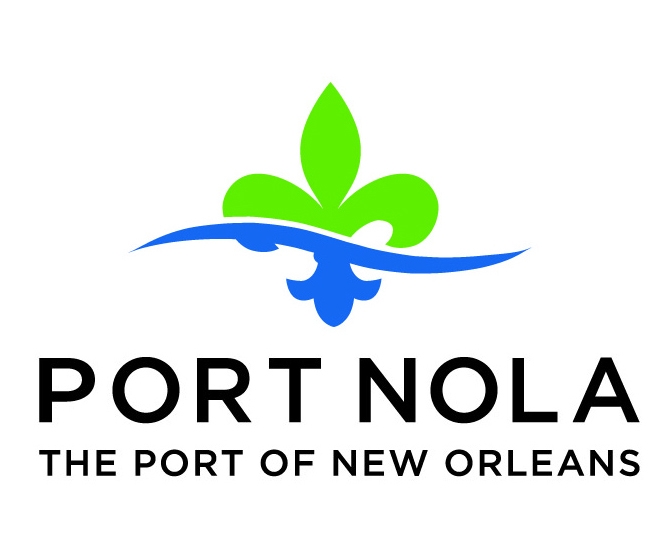Press
Releases
Port NOLA CEO Appointed to Railroad- Shipper Transportation Advisory Council

RSTAC Advises Surface Transportation Board on Rail Issues & Operations
NEW ORLEANS—July 19, 2017—The Port of New Orleans announced that President and CEO Brandy D. Christian has been appointed to the Railroad-Shipper Transportation Advisory Council (RSTAC). A council created by statute under the Surface Transportation Board (STB), RSTAC provides advice on regulatory, policy and legislative matters to the Board Members, the U.S. Secretary of Transportation, the U.S. Senate Committee on Commerce, Science and Transportation, and the U.S. House Transportation and Infrastructure Committee on railroad-transportation policy issues.
Christian’s appointment to RSTAC comes after the Board of Commissioners of the Port of New Orleans recently approved a resolution to begin negotiations with the New Orleans Public Belt Railroad and the City of New Orleans to realign the Public Belt and its assets under the Port. The planned acquisition of the Public Belt will enhance Port NOLA’s global competitiveness.
“It is an honor to contribute maritime industry insight from a port’s perspective on railroads and the shipping community while representing New Orleans and the Gulf region,” said Brandy D. Christian, President and CEO of the Port of New Orleans. “I look forward to working with the board members and council members to develop the best practices to benefit all rail and shipping partners involved.”
RSTAC focuses on issues of importance to small shippers and small railroads, including railcar supply, rates, competition and procedures for addressing claims. Established pursuant to the Interstate Commerce Commission Termination Act of 1995, RSTAC develops private-sector mechanisms to identify, address, and prevent obstacles to effective and efficient interstate transportation. RSTAC also prepares an annual report concerning its activities and recommendations on regulatory or legislative relief it considers appropriate.
Appointed by the STB Chairman, RSTAC has 15 members consisting of senior officials representing large and small shippers, and large and small railroads. In addition, the Secretary of the U.S. Department of Transportation and each of the Surface Transportation Board Members serve as ex officio members. Christian will attend her first RSTAC meeting Aug. 2, 2017, in Washington, D.C.
About the Railroad-Shipper Transportation Advisory Council (RSTAC)
RSTAC’s mission is to work together as a council of rail advocates on a common goal to strengthen the national rail industry, improve service levels and foster mutually beneficial relationships between large and small railroads and shippers, across all commodity groups. To that end, RSTAC addresses improvements in the primary issues of capacity constraints and the evolution of merchandise carload network including the elements that impact them and bring forth recommendations for improvement.
About the Surface Transportation Board (STB)
The Surface Transportation Board is an independent adjudicatory and economic-regulatory agency charged by Congress with resolving railroad rate and service disputes and reviewing proposed railroadmergers. The agency has jurisdiction over railroad rate and service issues and rail restructuring transactions (mergers, line sales, line construction, and line abandonments); certain trucking company, moving van, and non-contiguous ocean shipping company rate matters; certain intercity passenger buscompany structure, financial, and operational matters; and rates and services of certain pipelines not regulated by the Federal Energy Regulatory Commission. The agency has authority to investigate rail service matters of regional and national significance.
About the Port of New Orleans
The Port of New Orleans is a deep-draft multipurpose port at the center of the world’s busiest port system — Louisiana’s Lower Mississippi River. Connected to major inland markets and Canada via 14,500 miles of waterways, six class-I railroads and the interstate highway system, Port NOLA is the ideal gateway for containers and breakbulk cargo, as well as passenger cruises. A growing network of ocean carrier services, along with services like container-on-barge make Port NOLA the superior logistics solution.